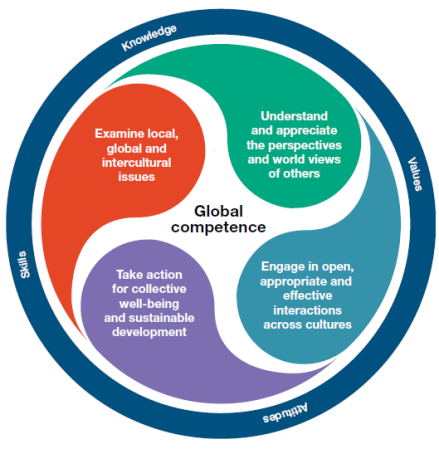Succeeding with resilience – Lessons for schools
Many children entering school today are likely to end up working in jobs that do not yet exist. Preparing students for these unchartered territories means that we not only have to make sure that they have the right technical capabilities but that we have to strengthen their emotional and social skills. Resilience, the individual capacity to overcome adverse circumstances and use them as sources for personal development, lies at the core of being able to successfully adapt to change and thus actively engage with our digital world.
The 2017 edition of the OECD Employment Outlook shows rising levels of socio-economic inequality driven, among other factors, by automation in the labour market. Understanding how to support resilience in students is essential not only for equipping them to thrive in a digital future but also for creating more equal opportunities in education and thereby strengthening social cohesion.
Despite being from among the poorest 25% in their country, one in four disadvantaged students is
academically resilient, meaning that he or she performs at Level 3 or above in all three core PISA subjects.
• In Canada, Denmark, Estonia, Finland, Germany, Hong Kong (China), Ireland, Japan, Korea, the Netherlands,
Norway, Singapore, Slovenia and Viet Nam, more than 30% of disadvantaged 15-year-old students are
academically resilient.
• Across the vast majority of education systems, schools in which students have the greatest chances of being
academically resilient share some common attributes – chief among which is a good disciplinary climate,
meaning that students can focus in class and teachers can provide well-paced instruction.
The bottom line
Socio-economically disadvantaged students often encounter obstacles that prevent them from
developing their full potential at school – and thus limit their ability to contribute to society
and benefit from learning opportunities later on in life.
Removing these obstacles is one of the
principal goals for education systems. By ensuring that disadvantaged students learn in orderly
classrooms, and enriching their learning with purposeful extracurricular activities, schools can be at
the vanguard of creating more inclusive and fair societies.
Academic resilience












